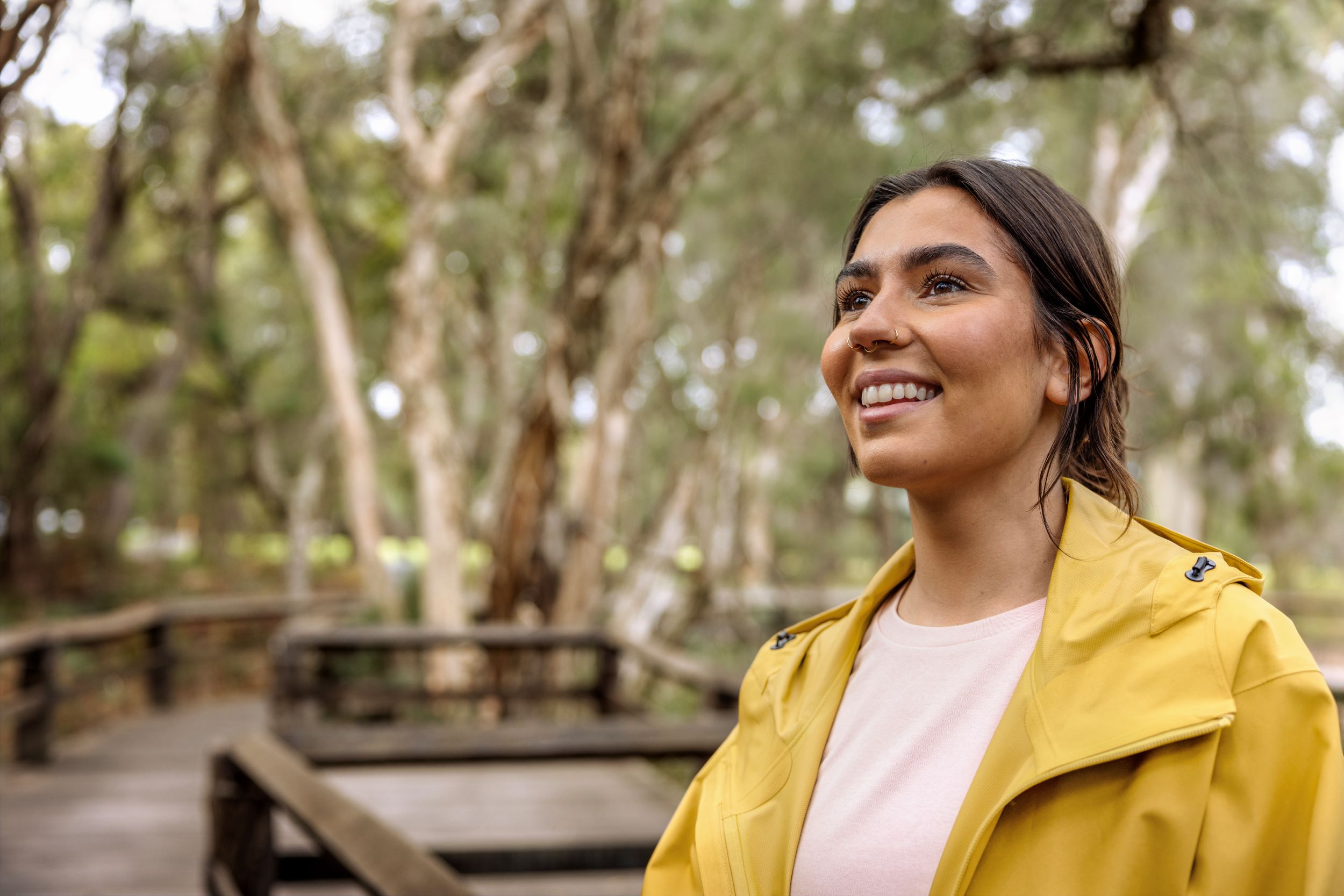
Free programs and resources
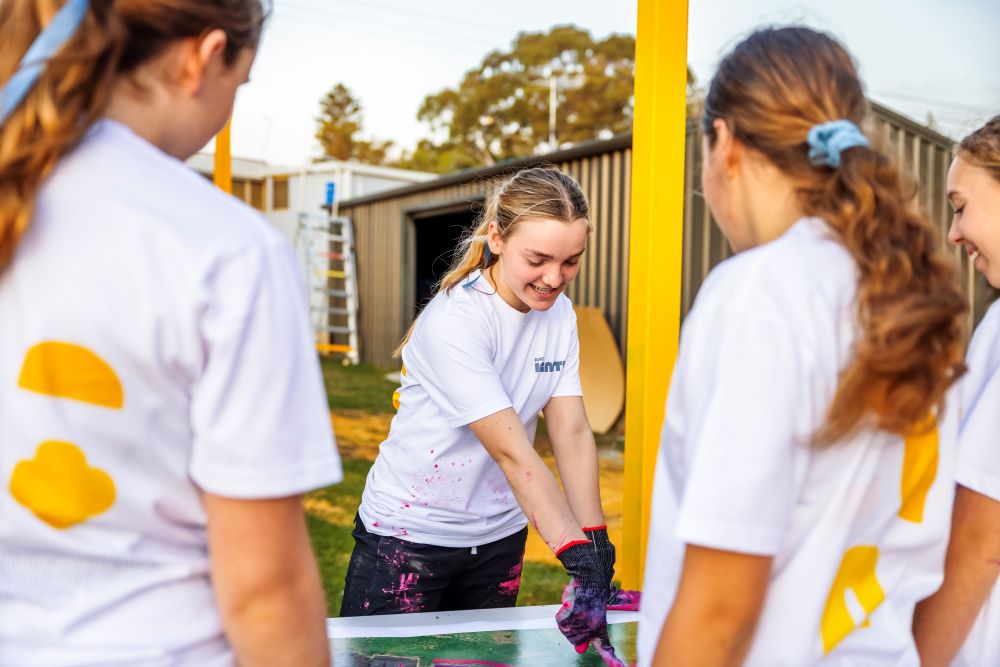
Programs
Get involved
Help make real change through our hands-on programs; made by young people for young people.
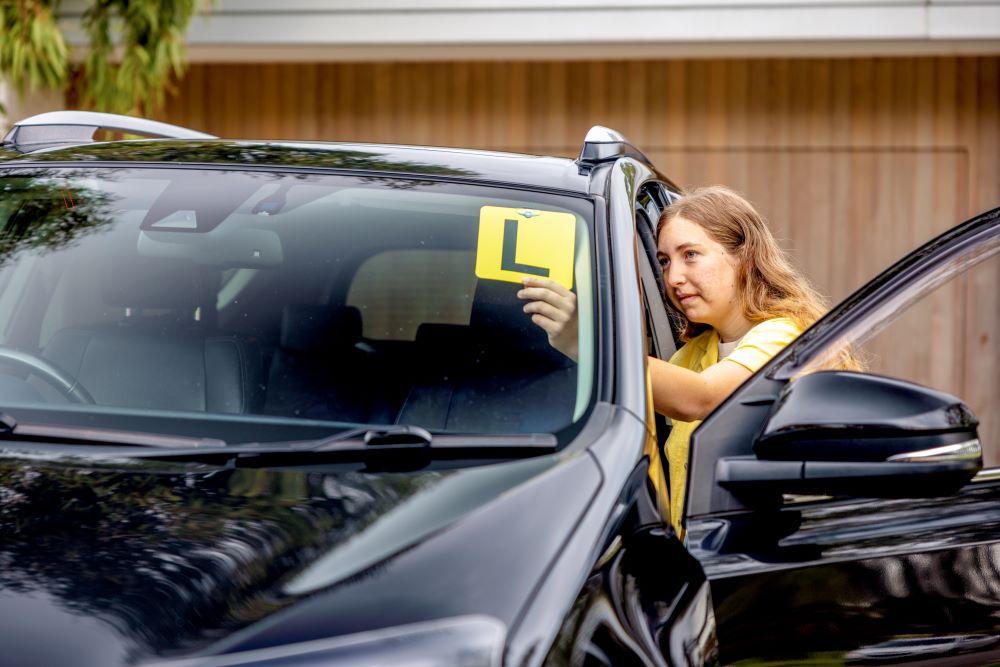
Tips & resources
Get informed
Get tips and advice to help you navigate the next stage of life safely and sustainably.
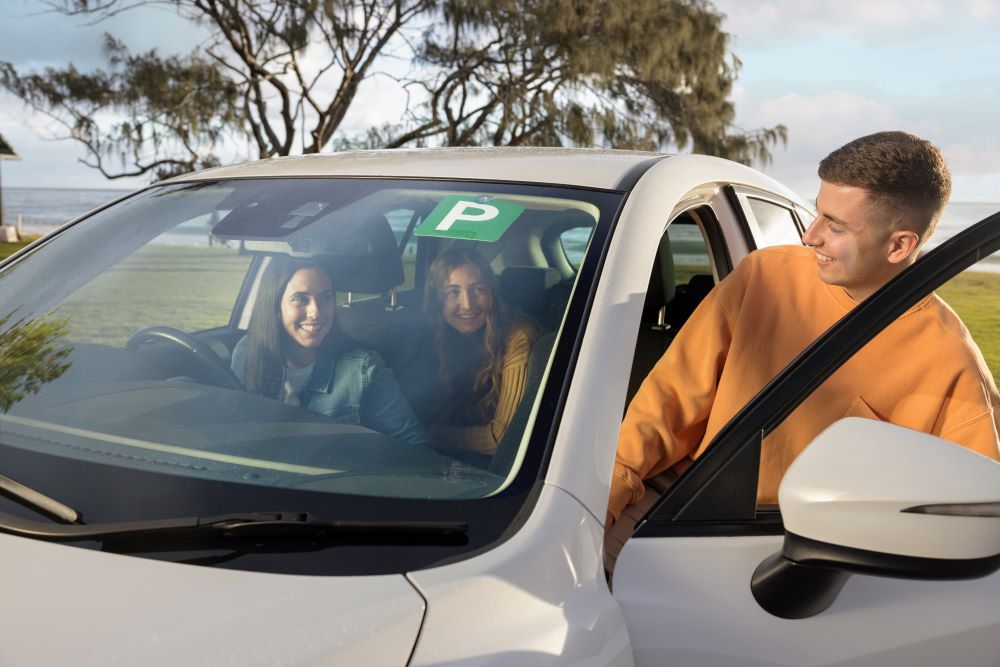
Offers
Get saving
Get the most out of your membership with our exclusive perks, offers and saving tools.
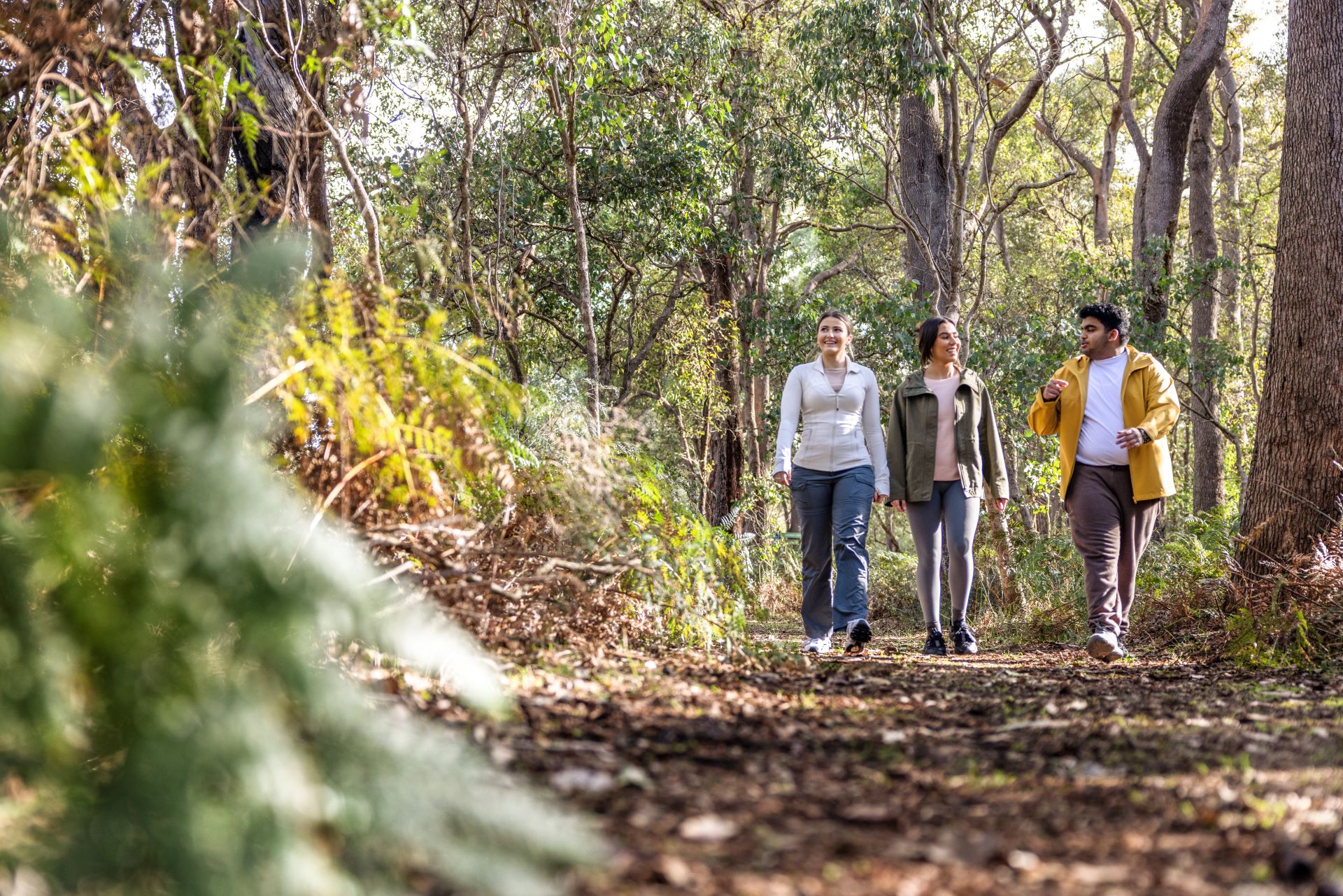
RAC acknowledges and pays respects to the Traditional Custodians throughout Australia. We recognise the continuing connection to land, waters and community.
